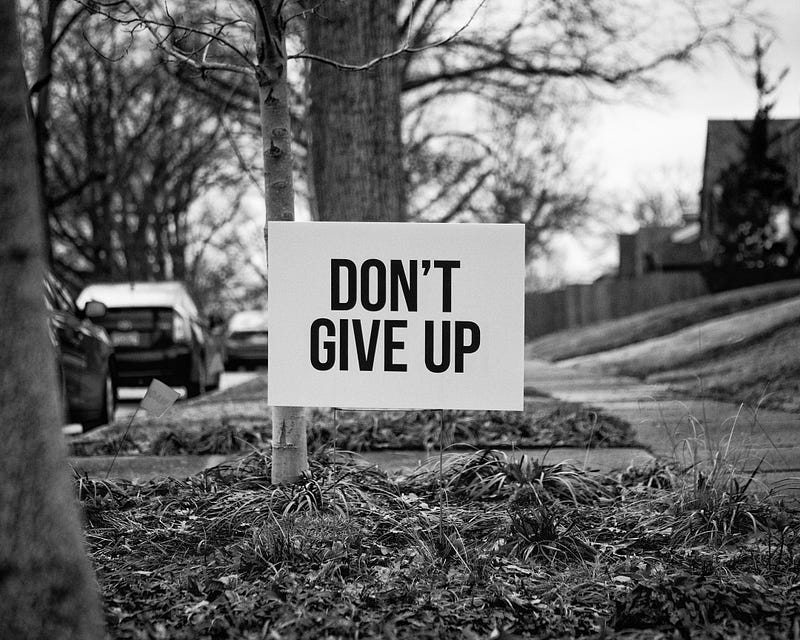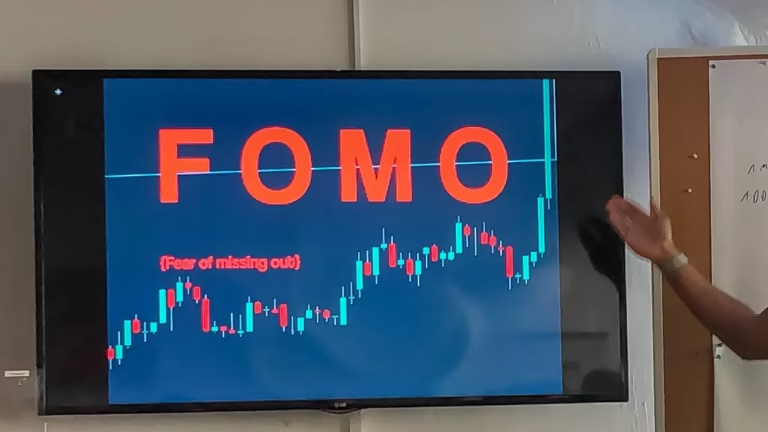Time to update the “get a job — work hard — become successful” model
A friend recently told me:
“Everything you are teaching: how to handle money, the stuff about the accumulation account and then buying houses to provide a good quality service to humanity at a fair price… they’re not just for people mid-career or getting closer to retirement! It would also be interesting for people graduating from college.”
I was puzzled and thought: “Really?!”
Then, I took some time to reflect and thought about my own path through life up to this point: what worked as planned or as I predicted, what’s as different, what I wish I’d known or done… and it suddenly dawned on me. Holly crab, she was right. I would’ve been much better off and could’ve reached my goals sooner if I’d known about these principles and concepts earlier on.
Let’s rewind a little.
Most people I hear about, both in Europe and here in America, go to school, then apply for college and study to get a degree. They do so because they’re told that modern work requires college degrees in order to be successful.
Looking at job descriptions, it’s easy to come to that same conclusion: there’s basically no postings for a desirable job that doesn’t require at least a bachelor’s degree.
I used to work in the tech industry and the running joke regarding job descriptions was: “We are looking for a person with at least a bachelor’s degree, ideally a graduate degree, approximately 15 years experience with some project results that can be evaluated, in the age range of 20–25 years old.”
To meet those requirements, you’d need to have completed high school at 3 years old, college at 7, and your graduate degree at 10.
Good luck.
But there’s a flip side to these inflated expectations and it’s the reality of success. Here’s an interesting list:
- Dropbox
- WordPress
- Tumbler
- Mashable
- Spotify
- Microsoft
- Virgin Group
- Apple and Pixar
- Ford Motor Company
- Dell Computers
- McDonald’s
- American Idol (& X-Factor)
What do all these companies have in common?
They were founded or co-founded by people who didn’t graduate from college or university.
Even more interesting, these founders often attended college for a while, sometimes for a few weeks, sometimes for a few years, and then decided it was a waste of their time.
My weird graduation… Now What?

I did get an associate’s degree. After that, I wanted to go and work as a pilot for Lufthansa. I passed all their tests but they told me they didn’t have any job openings so I joined the Air Force and graduated from Flight Training at age 24. Yes, it’s a kind of graduation, but not one that compares to a typical college. From then on, my career was unusual in every way.
It would take too long to go through every detail but one thing is for sure:
I had to evaluate what life had to offer and decide how to take advantage: what to try, what to do, and what to avoid.
It led me down a path with a lot of twists and turns but in the end, this journey brought me economic independence. Maybe not as early as I would’ve liked, but economic independence never the less.
What does this mean for today’s college graduates or even high school graduates?
In most cases, you’ll be burdened with a lot of debt.
In most cases, you’ll have received and possibly used credit cards and developed a balance.
In most cases, the promised well-paying jobs won’t be there — not because they don’t exist, but because they require some level of experience that you don’t get in college these days.
In pretty much all cases, you’ll be indoctrinated to follow a system that might’ve been suitable during the industrial revolution your grandparents lived through but is pretty much useless today, though the media is still promoting it.
So, what now? Here are my suggestions:
- Ask yourself what you’re really good at. If you don’t know, try stuff and find out.
- Ask yourself if there are topics you’re really passionate about. These interests are self-motivators. You feel it when you think about the right topics. Some save the environment, or helping people, or solving a certain problem, things like that.
- Try to find a place or organization, profession, etc. where you can combine what you’re really good at with what you’re passionate about.
- Of all the organizations you find, identify the one that could pay you well for your services and find a way to join them.
- From the money you start making, try to put at least $500/month, better even $1000/month, into an accumulation savings account. You can’t touch this account for 48 months (with $500/month) or 24 months (with $1000/month).
- When you put in $12000 (that’s 50% of the goal, see step #7), start learning about the ideal places for providing shelter with high quality at fair prices for regular working people.
- When reaching the $24000, buy your first house applying the rules of high-performance rental properties. Those are defined as paying 1% of the purchase price in rent while being located in a category B- to C location.
If you complete these 7 steps, you’ll be on your way to economic independence. The sooner you start, the sooner you’ll reach the goal. Economic independence means you have the freedom to decide if you really want to work or not. Money is not a factor anymore.
Here is a bonus thought to make this approach more interesting
If you do step no. 4 right, you’ll probably continue to work even when you achieve economic independence because you’ll be doing something you’re really good at and passionate about.
That way, you can either achieve financial independence or you can use some of your money to help and make an impact in the world if that’s something important to you, while still having a good, safe, protected and fun life.
Getting a degree and having a normal graduation is not a bad thing. Even having a weird graduation, as I did, is ok. More importantly, don’t just be a lemming and follow what old people or the media is telling you.
Find your passion and live it.
The traditional models don’t apply anymore. I wish I could turn back time but you don’t have to. You can apply the 7 steps above and be in great shape well before most people, even the ones with really fancy degrees.
Want to become an Ideal Wealth Grower? Follow us on Twitter






